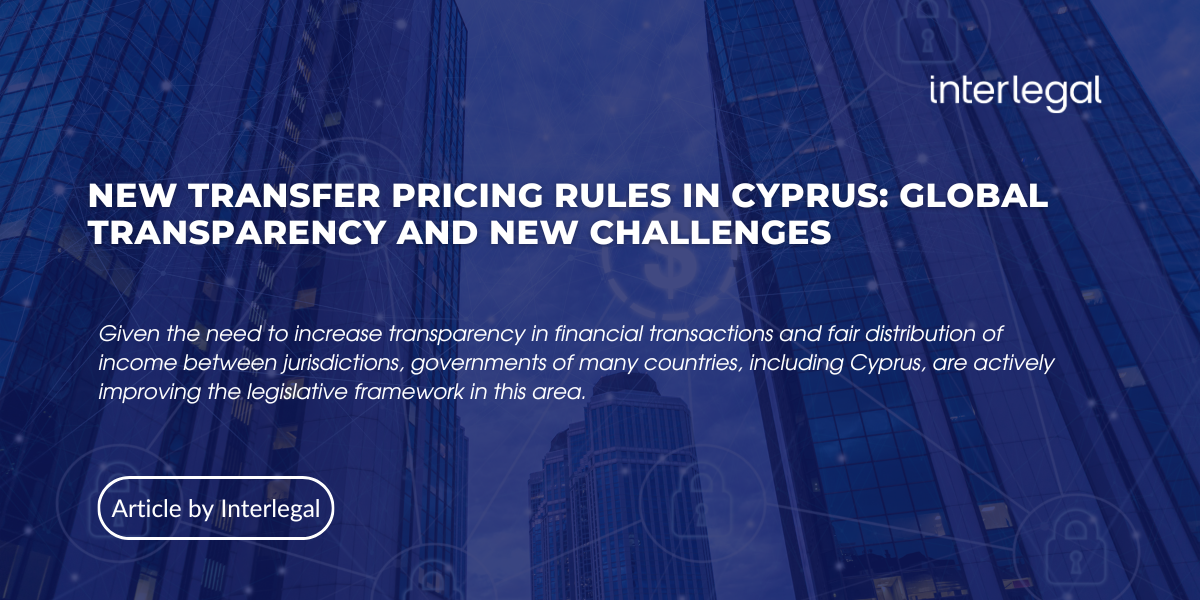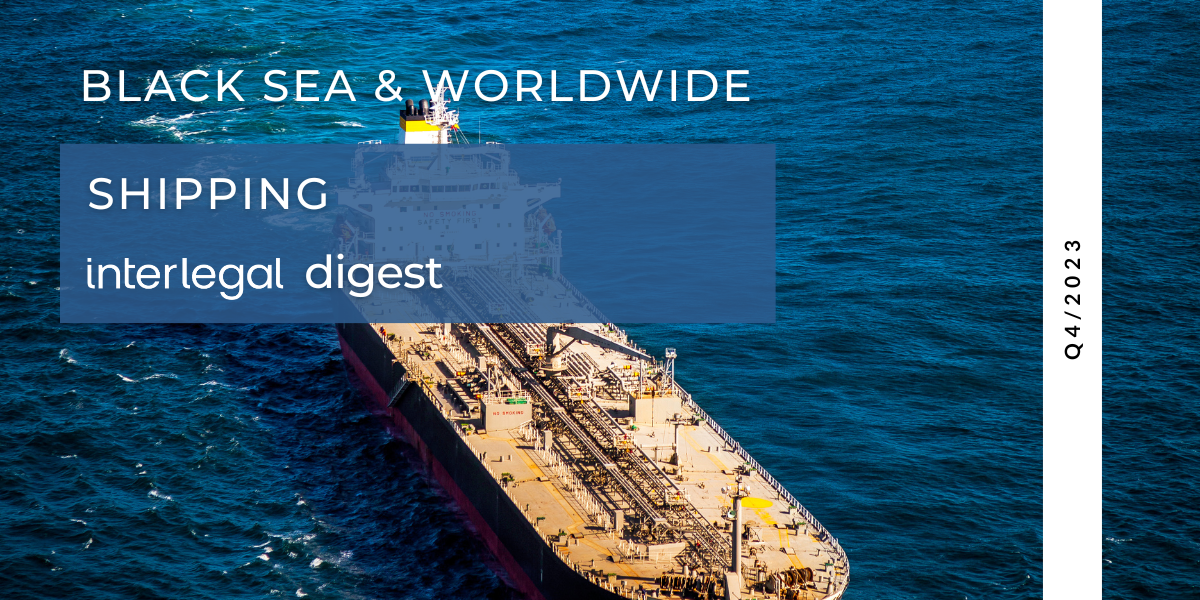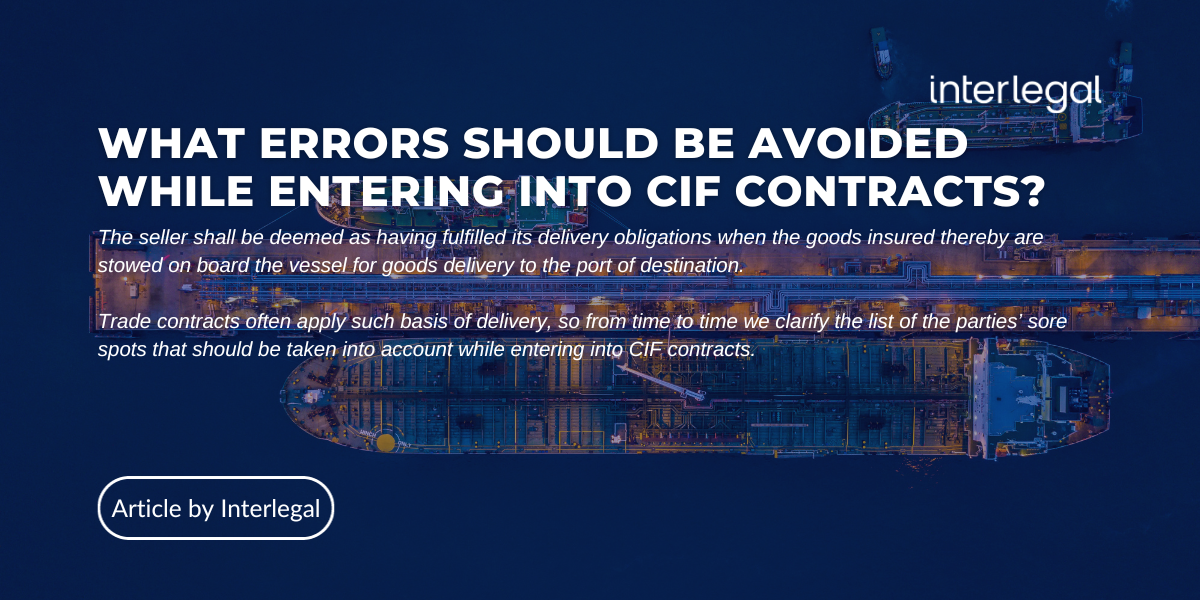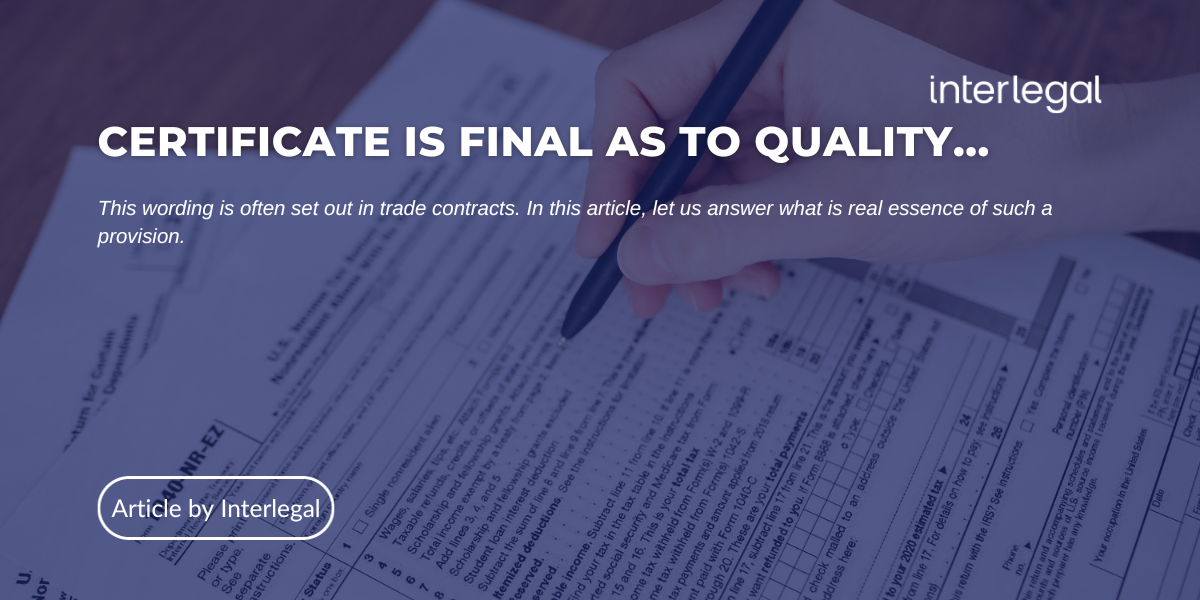Forwarder’s Liability for Cargo Loss and its Insurance in Ukraine – Part II
6 November, 2013
5
Freight forwarder’s liability under the FS contract met in our practice was provided as follows: “The freight forwarder bears liability for any failure to perform the obligations stipulated in the contract or the law of Ukraine. Under the terms of the FS contract the party that drew the third parties to meet their obligations under the contract is fully liable for the acts or omissions of third parties, to the extent and in the amount stipulated in the contract or the law of Ukraine. The freight forwarder shall be exempt from liability for shortage, damage, loss of cargo, if the cargo is delivered to the consignee with seals intact, and when the original packaging is not damaged externally. The freight forwarder bears liability for the value of the lost (destroyed) or damaged cargo according to shipping documents, if it happened as a result of non-performance or improper performance by the freight forwarder or attracted third parties of their obligations under the contract.”
We looked at this agreement in relation to individual case when the freight forwarder properly performed his obligations under the contract: attracted carrier, agreed transportation route, provided the customs formalities, by involving a subcontractor made the payment for the shipment. In addition, for the proper fulfillment of his obligations under the contract the freight forwarder had given the necessary instructions to the carrier (made a reservation in the rail waybill on which actions with the cargo were prohibited.) Thus, the freight forwarder had done everything in his power to ensure the safe carriage of cargo by rail. The consignment intended to go by railway through the territory of Ukraine to the port of Illichivsk for further shipment by sea abroad. As a consignee in the railway bill Illichivskii sea commercial port for the Freight Forwarder was indicated. Payment for services was performed by the subcontractor to the carrier, which is confirmed by the railway bill. In the process of transportation of the goods by rail, on the station of Zhmerynka, damage along the seam of the flexitank inside the container was revealed, whereof the Carrier had drafted general report. As a result, there was a shortage of cargo — partial sunflower oil leakage from the flaxitank. The freight forwarder’s liability has been insured and the insurer applied to us for advice.
Liability insurance of the freight forwarder
Development of freight traffic, especially that of high-value cargo, poses the necessity of ensuring a cargo owner’s interests by obtaining from freight forwarders, carriers and other members of the transport process appropriate financial security to protect the cargo owner’s legal interests. In today’s world the most important way to get such a guarantee is insurance, in particular, liability insurance of freight forwarders related to shortage of goods, as well as their loss, damage or deterioration. Forwarders with coverage of commercial risks from solid insurers gain significant advantages in the market of freight forwarding cervices. In international practice liability insurance of forwarders issuing FIATA bill of lading on standard terms (1992) has been widely spread. Issue of FIATA bill of lading not only facilitates the freight forwarder’s liability insurance, but limits it in the case of failure to establish the actual value of the goods.
Insurers do not compensate for the losses caused by:
- Transportation of contraband and other illegal goods;
- Transportation of valuable goods — currency and foreign currency assets, securities, etc.
- Shortage of goods in the undamaged container and outer package in case shippers’ and customs authorities’ seals intact;
- Operation of defective vehicles;
- Consignment in damaged condition, as well as containers and packages that do not provide secure shipment in accordance with the requirements of transport regulations;
- Intent or gross negligence of the insured, his employees, agents or other persons whom he attracted to provide freight forwarding services;
- Effects of radiation exposure associated with any use of nuclear energy or radioactive material, or as a result of the explosion;
- Conduct of military operations or the conduct of military actions, civil commotion, labor disputes (strikes), terrorist acts, sabotage, requisition or confiscation of the cargo by order of military or civil authorities.
Having identified the shortage of goods the freight forwarder shall in shortest time possible inform the insurer or its nearest correspondent. If there is an evidence of offense, which resulted in a shortage, the freight forwarder shall inform the competent law enforcement authorities. In the probability of further damage or loss of cargo, he must take all possible steps to prevent it.
Coverage will not take effect when the loss occurred due to the freight forwarder’s release of the cargo to the person who does not have the rights and powers of receipt of the goods; however on delivery of the cargo with fake documents, that is, with theft by fraud, insurance coverage remains in effect. Of course, the described conditions of insurance contracts are terms that are usually provided in the insurance policy. In the particular case, you can agree to include in the coverage risks that are usually excluded. Of course, this increases the price of the insurance contract — the insurance premium.
If the freight forwarder has recovered his losses, incurred as a result of his liability to the carrier, for account of the cargo, the insurer shall be exempt from the obligation to make insurance payments.
Usually to a claim for damages relating to the forwarder’s liability filed with the insurer, the insured shall add the following documents:
- Shipping documents showing that there was a shortage of goods;
- Acts of acceptance and transfer of cargo, experts’, survey reports, emergency certificates, etc. documents that have attested the estimated losses caused by a shortage;
- Invoices, packing lists, data sheets, specifications, etc. documents showing the unit price and the total price of the consignment, which are made by the seller;
- release for shipment — a document by which a buyer of goods (consignee) instructs the consignor perform special packing and shipping of the goods in the case of valuable, hazardous and refrigerated goods;
- Calculation of the loss made up by the cargo owner;
- The claim to pay damages caused by shortage of cargo addressed to the freight forwarder;
- Statements of law enforcement agencies, confirming that the forwarder applied for initiating criminal or administrative prosecution of offenders, as well as a proof of a criminal case or the opening of administrative proceedings in the case of theft of cargo, for example;
- Evidences of the cost-reduction or loss prevention;
- Documents showing that the policyholder protected his rights and interests in court or arbitration;
- Written explanations of the persons who have or may have information on accidents that entailed shortage of goods;
- Evidences supporting the insurer’s right of recourse to the persons responsible for causing the damage;
- Documents confirming the payment of sums as compensation for damages, if such payment had taken place, and if the payments made by an agent or other representative of the freight forwarder — documents, according to which the representative has received from the insured authority to settle the dispute and pay money to recover losses;
- Copies of the documents constituting the correspondence with the cargo owner, as well as available documents related to the initiating and the course of court or arbitration proceedings by the cargo for the compensation of its losses by the insured.
The insurer has the right, within the terms of consideration of the claim of the insured, to require from the latter other documents necessary for the consideration of the claim.
In conclusion, we can state that recourse claims of the insurer to the policyholder may take place in the case of intent or gross negligence of the insured freight forwarder in causing the damage, or intent or gross negligence of his agents, servants and other persons involved by the insured freight forwarder to perform the FS contract. If the losses incurred in the transport of cargo caused by persons not involved in the execution of freight forwarding contract, the recourse claims may be asserted by the insurer to such persons (third parties) in the presence of their guilt in the form required by law for those relationships, in which the losses associated with shortage of cargo have been caused. These relationships, as a rule, have the character of torts.
Of course, insurers must carefully examine the claims relating to the compensation of the losses arising from liability of freight forwarders. If they meet flimsy claims, they will simply go bust. However, too strict claim handling policy, i.e., the rejection of the properly grounded claims, delays in compensation of the losses related to the freight forwarder’s liability, unnecessary nitpicking to claims documentation, etc. are not beneficial to insurers in the long run because insured tend to choose on the market those insurers that are objectively and correctly handle claims in a timely manner. Of course, insurers are frequently assignors (reinsured) in reinsurance contracts. They usually have their own insurers (reinsurers). Thus, the insurer satisfying a claim for reimbursement must bear in mind that he has in turn to apply to the reinsurer. The market of reinsurance services has significant specificity, and its research is beyond the scope of this publication.
Alexander Chebotarenko for forwarderlaw.com
























































